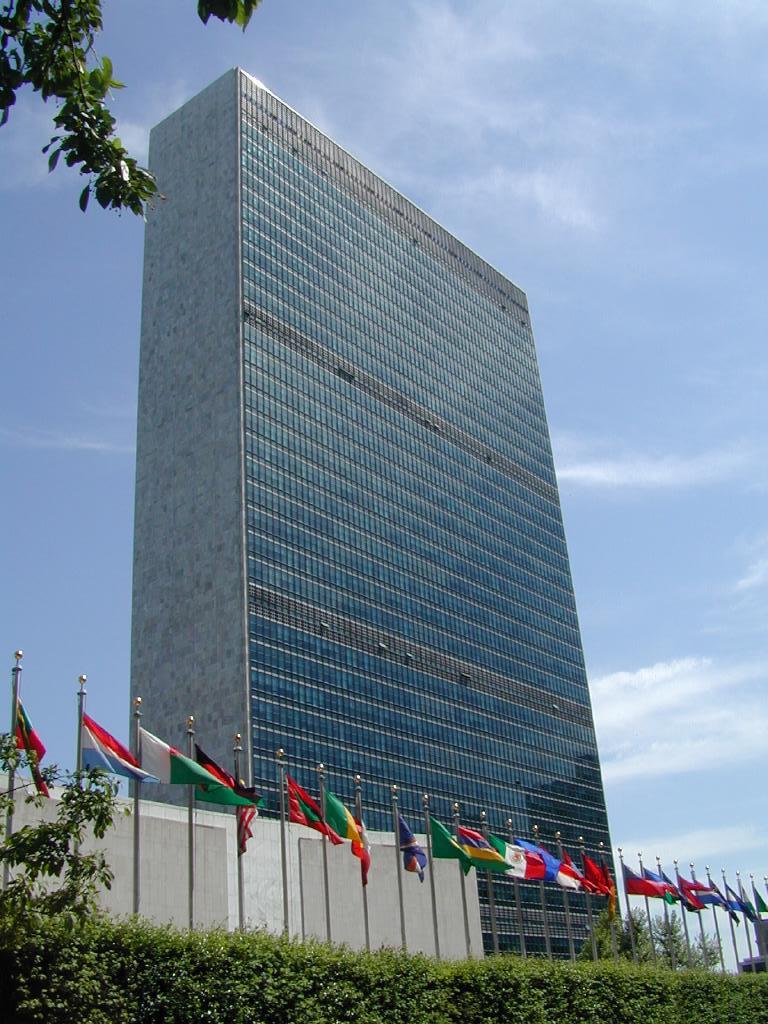
Participating in the UN Conference for Global Change was a one of the most engaging six hours I have spent all year. Last month, I sat in a very outdated hotel meeting room at the end of a long table, surrounded by business leaders, United Nation’s staff and other NGO leaders. Everyone was committed to leading, learning and/or exploring CSR. The group was convened by the newly established Foundation for Social Change and the United Nations. It was the most powerful information sharing I’ve experienced in a long time.
Why so engaging? Because the corporate and NGO leaders who presented their cases were well past searching for a business case for CSR, they are blazing the trail of corporate sustainability. They were pioneers helping their businesses use CSR to be relevant, profitable survivors in today’s complex and competitive business world.
We heard how Ray Anderson, Founder and Chairman of Interface woke up 16 years ago as CEO and realized he needed a major mid-course correction in how he ran the world’s largest commercial flooring company. He never looked back. Today, sustainability inspires innovation at Interface; they are laser-focused on Mission Zero and make a great product and profit. I am proud to say the multi-colored Flor tiles under my desk right now are made by interface.
We listened to how the senior team at Santander Bank in Brazil works hard every day to “awaken the attention and importance of sustainability” in their day-to-day routine.
We learned how Anvil created a brilliant partnership with the Texas Cotton Growers Association and the Disney Store as part of their “farm to retail” model. They are working with Texas farmers to convert acres of land to organic cotton and then manufacturing specialized, 100% organic character t-shirts for sale in Disney Stores. They also have a smart ‘close the loop’ campaign educating the consumer about the product called “Track my T”. Disney’s sales have thrived, Texas farms are fueling jobs, and Anvil has a great supplier and customers.
I was inspired by this conference and what I also see in my daily work at Cause Consulting. I am hopeful that more businesses will wake up and embrace the sustainability imperative. I left more convinced than ever that we are on the right track. The time is now to use CSR as a tool for innovation. Ray Anderson said it best, “if you’re not at the table, you’re on the menu.”
